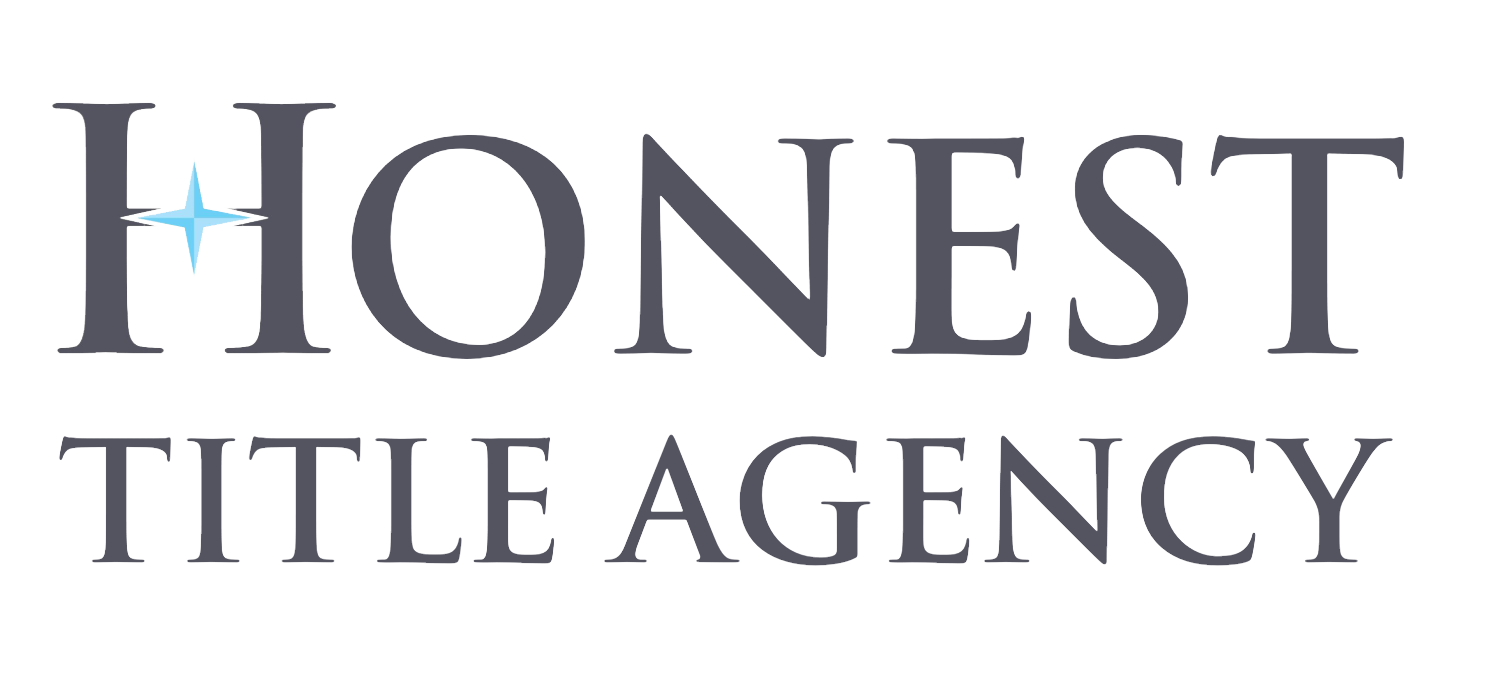What is Title Insurance?
Title insurance is a form of indemnity insurance that protects lenders and homebuyers from financial loss sustained from defects in a title to a property. There are mainly two types of title insurance: owner’s title insurance and lender’s title insurance. Each serves a different purpose and protects different parties in a real estate transaction.
Owner’s Title Insurance
Owner’s title insurance is purchased by the homebuyer and provides protection to the property owner. It covers the full purchase price of the home and protects the owner from past title issues that might arise after the property has been purchased. This can include outstanding liens, encroachments, or challenges to the property’s ownership due to problems or irregularities in previous sales, forged transfers, undisclosed heirs, or other title defects.
Key benefits of owner’s title insurance include:
- Protection from financial loss: If a claim is made against the owner’s property rights, the title insurance company will defend the owner legally and cover the insured amount of the policy if the claim proves valid.
- One-time fee: Owner’s title insurance is typically purchased with a one-time premium paid at closing.
- Long-term coverage: It lasts as long as the owner or their heirs have an interest in the property.
Lender’s Title Insurance:
Lender’s title insurance is usually required by the lender and protects the lender’s interests in the property up to the amount of the mortgage loan. This insurance protects the lender against the possibility that the seller did not legally transfer title rights to the buyer or other title defects.
Key features of lender’s title insurance include:
- Protection for lenders: It protects the lender against loss if the title to the property turns out to be defective. For example, if another party claims ownership and is successful legally, the lender is covered up to the loan amount.
- Required by lenders: Most lenders require the purchase of lender’s title insurance as a condition for the mortgage loan to protect their investment.
- Decreasing coverage: The coverage amount decreases as the mortgage is paid down and expires when the mortgage is fully repaid.
Both types of title insurance are critical in real estate transactions because they protect against past occurrences that could adversely affect ownership. While they may seem similar, the key distinction is who they protect: the owner’s policy covers the buyer/homeowner and the lender’s policy covers only the financial institution’s interest in the property. Importantly, owner’s title insurance is optional but highly recommended, whereas lender’s title insurance is typically mandatory if you are taking out a mortgage.
